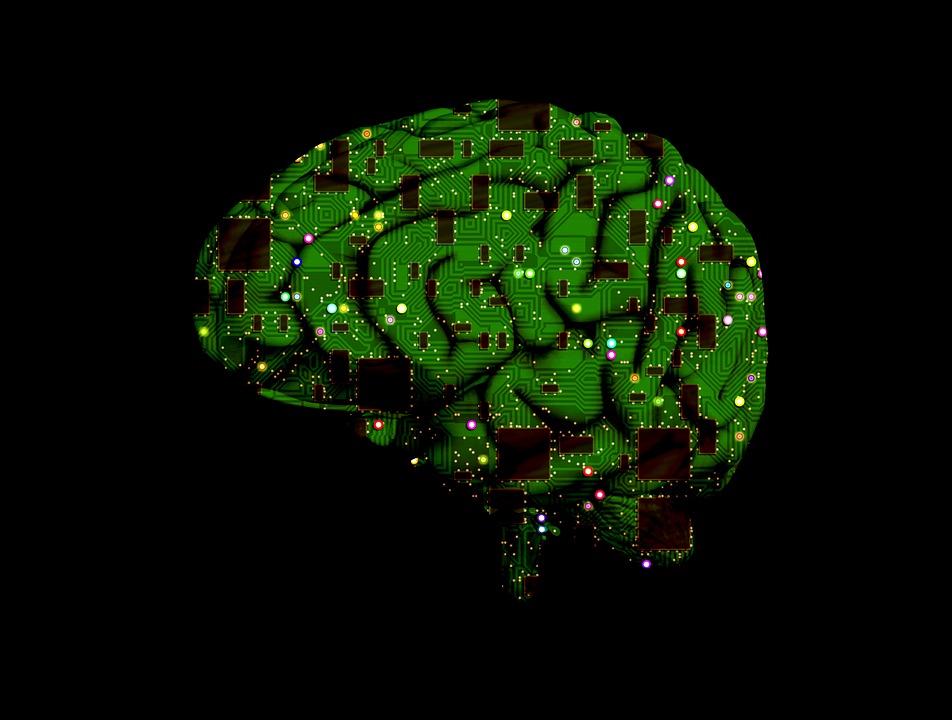 AI
AI
 AI
AI
 AI
AI
Microsoft Corp. is using this week’s Connect(); 2018 developer conference to beef up the artificial intelligence offerings available on its Azure public cloud infrastructure platform.
The headline of a flurry of AI announcements today is the general availability of the Azure Machine Learning Service, which is a cloud-based offering that data scientists and developers can use to quickly create and train machine learning models, and then deploy them in production.
With Azure Machine Learning Service, Microsoft said, developers can eliminate most of the heavy lifting involved in building and training machine learning models. Some of the main features of the service include being able to automate machine learning model selection and tuning. The biggest benefit therefore is a reduction in the time it takes to get those models up and running production, the company said.
The Azure Machine Learning Service was first made available in preview in September, and will become generally available starting Feb. 1 next year, Microsoft said.
There’s also a new update to the Microsoft Azure Cosmos DB database service, which provides distribution across Azure regions for organizations that need AI-based applications to run reliably on a global scale. The new Azure Cosmos DB Shared Throughput Offer is being made generally available today, and provides a “lower entry point” and “improves pricing options” for companies running databases with multiple containers, Microsoft said.
Finally, Microsoft is updating some of its Azure Cognitive Services to make it easier developers to build more AI functions into their applications. Azure Cognitive Services is a collection of application programming interfaces that allow apps to “see, hear, speak, understand and interpret” people’s needs through natural methods of communication, the company said. It added that the best way to deploy Cognitive Services is through application containers, which isolate apps from the infrastructure they run on, allowing them to be written just once and run on any platform.
“By deploying Cognitive Services in containers, customers can analyze information close to the physical world where the data resides, to deliver real-time insights and immersive experiences that are highly responsive and contextually aware,” Microsoft said.
To that end, Microsoft is adding container support for its Language Understanding API in preview, enabling developers to run “language understanding solutions” at the network edge. The second update regards the introduction of custom translation capabilities to the Translator Text API. Generally available starting today, this allows developers to use human-translated content to build a custom translation system that can better handle specific writing styles, industry expressions and vocabulary, Microsoft said.
THANK YOU